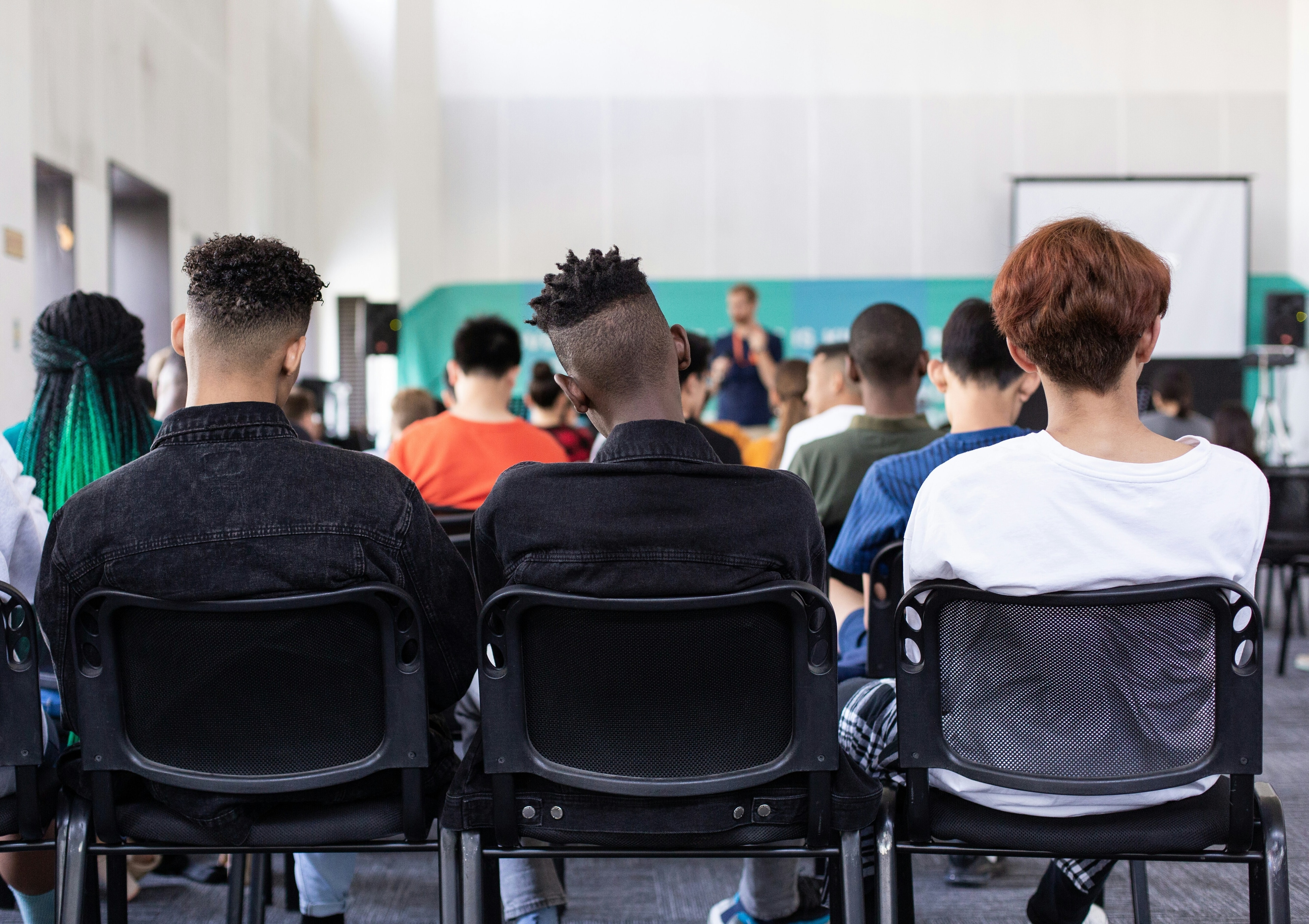3 ways to fight financial exclusion

Stay up to date:
Economic Progress
Inclusion is one of the hottest development topics of 2015. Being excluded, financially or socially, perpetuates unemployment, inequality and poverty. With 1.8 billion young people in the world, and this number growing most rapidly in the countries with the highest rates of exclusion, we can’t afford to hesitate in addressing this problem.
According to global multilateral leaders from the United Nations, G20, the Organisation for Economic Cooperation and Development (OECD)– inclusion and, most importantly, youth inclusion are a top priority in 2015. High-level delegates at the World Economic Forum Annual Meeting 2015 echoed this.
National authorities need to follow suit and make inclusion a priority if they are to avert the looming crisis that these extremely high levels of youth exclusion will create. There are three core areas that governments should focus on if they are to end 2015 having achieved something. These are:
- Money awareness
Governments need to ensure that their national curriculum will allow children to develop into young adults who understand, and can exercise, their human rights, socially and economically. Recent evidence shows that complementing financial education with social education or livelihoods education positively affects children’s feeling of control over their actions and decisions. Fun awareness campaigns, such as Global Money Week,are an accessible way for governments to connect with young people on these topics, while inclusive curriculums help ensure that children receive financial and social education all year round.
- Innovative, appropriate and educational financial services
It is proven time and again that one of the best ways to learn is to complement theory with practice. When young people are taught financial education they need to also understand how to apply these lessons in their everyday lives. According to UNICEF, the earlier children come into contact with financial service providers, the earlier they can recognize the role such institutions play in society. National authorities can make sure that young people are financially included in an appropriate way through programmes such as SchoolBank, which work on the national level to give localized, innovative and holistic financial services to young people while complementing financial, social and livelihoods education curricula.
- Youth entrepreneurship
“Young people should think in a different way – they should be job-givers, not job-seekers,” said Muhammad Yunus, Nobel Prize laureate and Chairman of Yunus Centre, Bangladesh, in his address at Davos this year. Almost 73 million young people worldwide are unemployed. Governments need to address this quickly and sustainably – and stimulating entrepreneurship is a proven way. Currently, civil society and private enterprise are taking a lead by creating international platforms and localized spaces for young entrepreneurs to grow. If we are to see large-scale change, young people need the large-scale support that government policies and programmes can offer. The OECD has some tips for governments in their Policy Brief on Youth Entrepreneurship.
Financial inclusion can help promote a savings culture among young people, something that is vital in a world of excessive consumption. Learning savings behaviour can not only have a positive effect on their future financial resilience (reducing the likelihood of poverty caused by debt) but also on building a sustainable future (saving water, recycling, saving electricity, etc). National authorities need to take action today to initiate widespread inclusion initiatives for young people so that they may live in a more secure, sustainable and equal world tomorrow.
Author: Jeroo Billimoria, children’s rights activist, Managing Director of Child & Youth Finance International and a Social Entrepreneur.
Image: Children donate money for the Sichuan earthquake victims at a kindergarten in Jinan, Shandong province, May 16, 2008. REUTERS/Stringer
Don't miss any update on this topic
Create a free account and access your personalized content collection with our latest publications and analyses.
License and Republishing
World Economic Forum articles may be republished in accordance with the Creative Commons Attribution-NonCommercial-NoDerivatives 4.0 International Public License, and in accordance with our Terms of Use.
The views expressed in this article are those of the author alone and not the World Economic Forum.
Related topics:
Forum Stories newsletter
Bringing you weekly curated insights and analysis on the global issues that matter.
More on Education and SkillsSee all
Naoko Tochibayashi
September 17, 2025
Shankar Keshav Prasad
September 15, 2025
Emilian Axinia
September 11, 2025
Alexander Shevchenko
September 4, 2025
Corinne Brenner and Mandë Holford
September 4, 2025







